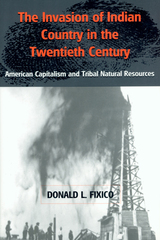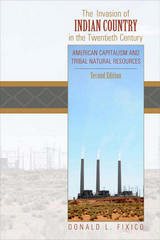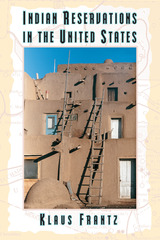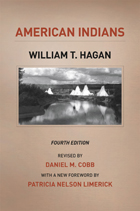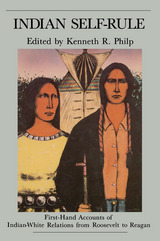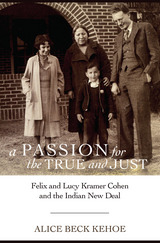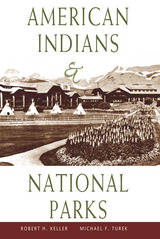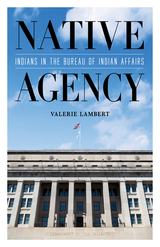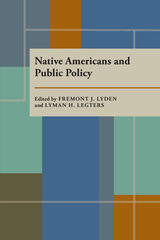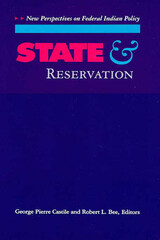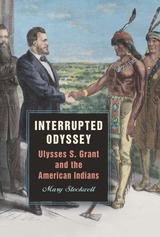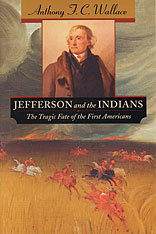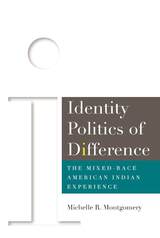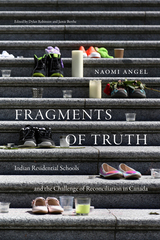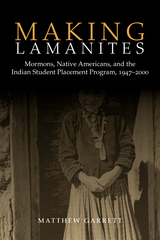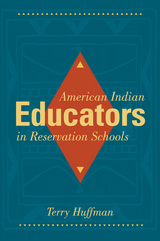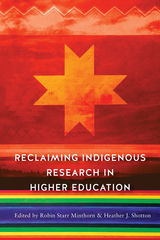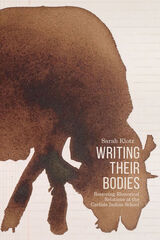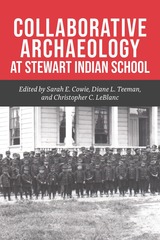Whatever Wallace writes is worth reading...Wallace's analysis borrows from other works, but much of it is also new, shrewd, and useful...Wallace is attracted to interesting and complicated historical characters in whose lives culture and society sometimes seem to reduce to manifestations of individual traits and individual crises. And true to form, Wallace finds the key to Jefferson's paradoxical attitudes toward Indian peoples--and, more generally, to a contradictory and tangled history of American policies toward Indians--in his 'deeply controlling temperament.' Jefferson confused himself with the people, Wallace contends, and projected onto them his own desire for control and (they always go together) his own fear of control.
-- Richard White New Republic
Mr. Wallace is a rare and respected scholar, a cultural anthropologist who has written masterful works of American history...No one...has focused so sharply and has brought together the scattered pieces of Jefferson's changing thoughts so lucidly. That intense reconstruction produces some surprises, some of them sure to be controversial...In this finely written and richly detailed study, Mr. Wallace raises unsettling questions about the deep roots, not only of Indian mistreatment, but more broadly of official intolerance toward cultural variety and conflict in all their forms.
-- Elliott West Washington Times
Jefferson and the Indians shows how his romantic fascination with Native American cultures, traditions, and languages went hand in hand with energetic designs to resettle their lands, his firm belief that settlers would eventually 'cover the whole northern, if not southern continent,' and his determination that there should not be 'either blot or mixture on that surface.
-- New Yorker
[An] outstanding scholarly investigation of the dichotomy between Jefferson the visionary philosopher and Jefferson the practical politician.
-- Margaret Flanagan Booklist
Bancroft Prize-winning historian Wallace gives us a book that immediately becomes the best among very few other studies of its subject...[The book] makes clear the complexities of native-European interaction in the post-Revolutionary era...[and is] a searching scholarly study of one of the great American dilemmas.
-- Kirkus Reviews
A probing intellectual history of Jefferson himself. Jefferson's attitude toward Native Americans reflects his overall complexity as a thinker; he was fascinated by the first Americans but at the same time engaged in 'civilizing' them. Wallace traces the context in which Jefferson existed and then examines his political rhetoric; considerable attention is also given to his studies of Indians and his presidential policies toward them...This fascinating account of an unexplored topic is highly recommended.
-- Daniel D. Liestman Library Journal
There [are] hundreds of studies on Thomas Jefferson...Many make valuable contributions to our understanding of the subject in question, and none more than Anthony Wallace's excellent new book on Jefferson and the Indians...Shifting our attention to the Native Americans whose lands Jefferson so coveted, Wallace's book nicely complements the extensive critical literature on Jefferson and slavery...Richly complex.
-- Peter S. Onuf H-Net Reviews
A good, thorough, fair, balanced, detailed, illuminating, clearly written, eminently sensible book. How to appraise Thomas Jefferson--especially how to reconcile his soul-stirring rhetoric with his less soul-stirring actions--is a subject of constant, if sometimes fevered, interest. The interpretive talents of Anthony F. C. Wallace give us every good reason to rejoice in the publication of this book.
-- Patricia Nelson Limerick, University of Colorado, Boulder
Many have written ably on Thomas Jefferson and the Indians, but none has succeeded in bringing together as thoroughly and effectively as this book so many different, relevant dimensions of that topic. This is a rich, multidimensional book that offers a complex and utterly convincing interpretation of Jefferson and the first Americans. Anthony Wallace has succeeded in taking a fresh and engaging look at the subject. His approach and perspective are unique.
-- Drew McCoy, Clark University
Wallace's study of the always enigmatic Jefferson will shock many but enlighten all. This masterful account of how the admirer and student of Indian languages and character was also the architect of removal policy and the grand rationalizer of cultural genocide is a must-read for all who teach American history. The master lesson of this absorbing book is how Jefferson's love of minimal government and maximal individual freedom, combined with his insatiable appetite for land, became the perfect formula for seizing Indian land and rationalizing the frontiersmen's ethnic cleansing.
-- Gary B. Nash, University of California, Los Angeles
Anthony F. C. Wallace, one of our premier historical anthropologists, has written a sober and troubling reassessment of Thomas Jefferson and the American Indian. Only a scholar as alive to paradox and tragedy as Wallace is could have written such a fine book on such a difficult subject.
-- Sean Wilentz, Dayton-Stockton Professor of History, Princeton University
[This is] a rich, full exposure of Jefferson's lack of interest in living Indians' communities and his inability to comprehend the actual cultural changes the tribes with whom he dealt were experiencing.
-- Mary Young Journal of American Ethnic History
Wallace focuses more closely on Jefferson himself. He argues convincingly that Jefferson and his cohort embodied not so much good intentions gone awry as deep and abiding cultural contradictions
Wallace has much to tell us about Jeffersonian Indian policy, particularly in the context of Jefferson himself.
-- Philip Deloria William and Mary Quarterly
Wallace's book demonstrates, in rich archival detail, that slaves were only one non-European race-perhaps not even the most significant one-over whom Jefferson agonized
The strength of this book and its importance to historians in a variety of fields is its insistent focus on Jefferson himself, his intellectual milieu, and his public policies
Wallace should therefore be credited both with writing a splendid book and with filling an historical lacuna, an oversight that seems even more remarkable now that Wallace has corrected it.
-- Steven Conn American Quarterly

